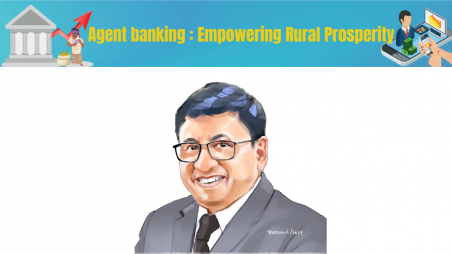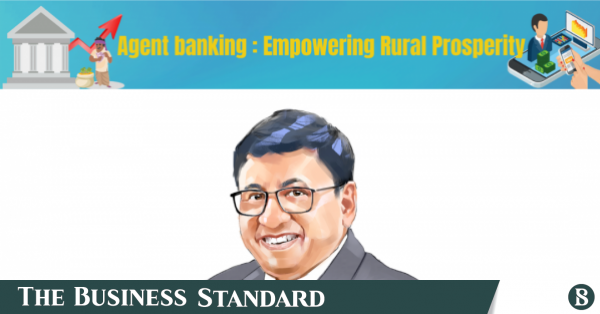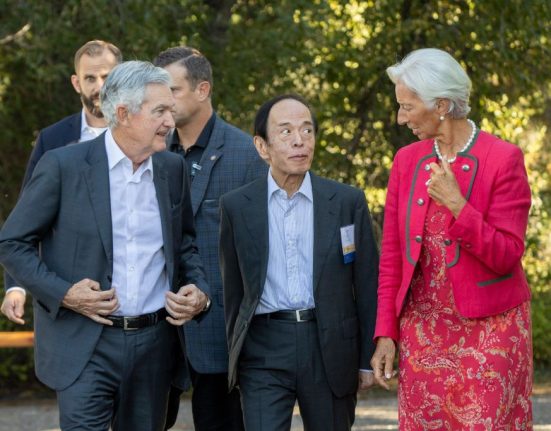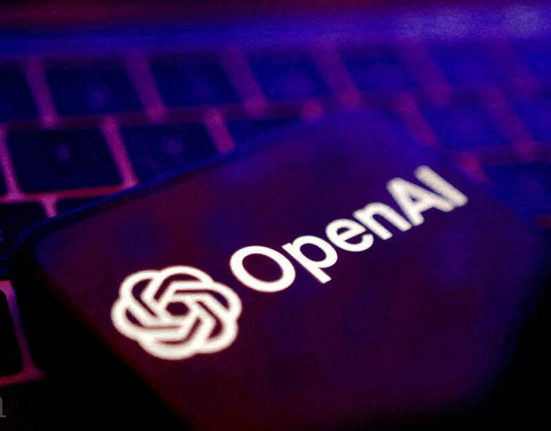Bank Asia’s Agent Banking network bridges the gap between formal banking and remote rural populations, empowering women and marginalized groups with accessible financial services and fostering sustainable community development
Sohail R K Hussain, Managing Director, Bank Asia PLC. Sketch: TBS
“>

Sohail R K Hussain, Managing Director, Bank Asia PLC. Sketch: TBS
Bank Asia began its Agent Banking operations in January 2014, becoming the first bank in Bangladesh to introduce this service, starting in Bhabanipur, Sirajdikhan, Munshiganj. The vision was clear from the start: to promote financial inclusion and empower rural communities by delivering banking services to those with little or no prior access.
Our mission has always been to reach the unreached—providing affordable, technology-driven banking to remote, underserved groups such as rural residents, marginal farmers, small entrepreneurs, and social safety net recipients. Since traditional branches often can’t reach these populations efficiently, we deploy agents within local communities to bring banking closer to people’s doorsteps. This approach breaks down socio-economic, geographic, cultural, and educational barriers, promoting equity in financial services. It also aligns with national priorities like the Sustainable Development Goals (SDGs) and Bangladesh’s vision for poverty alleviation. By mobilizing savings and facilitating micro-loans, we contribute directly to rural economic growth.
Agent Banking is more than just a channel; it is the foundation of Bank Asia’s broader financial inclusion strategy. It bridges the gap between formal banking and underserved populations, fulfilling our commitment to “banking for all,” especially for those beyond the reach of traditional infrastructure.
Our network targets rural, underserved, and economically excluded groups. By 2025, we have opened over 7.3 million agent banking accounts, with 91% in rural areas and 64% women, showing our success in inclusive outreach.
We currently operate more than 5,000 agent outlets nationwide, with 91% in rural areas and 8% in urban locations. Around 28,500 micro-merchants support financial services at the grassroots level, extending our reach beyond traditional banking.
Customers primarily use agent outlets for cash transactions, remittances, government-to-person (G2P) payments—serving 3.5 million social safety net beneficiaries—account opening, and savings products. Loan disbursement and utility bill payments are also common. These services meet daily financial needs and foster financial inclusion and rural empowerment.
Our milestones speak to the impact we’ve made: as the first to launch Agent Banking in Bangladesh, we’ve expanded to over 5,000 outlets and opened more than 7.3 million accounts. Partnerships with a2i’s Union Digital Centers and Bangladesh Post Office’s Digital Post e-Centres have been crucial. Our customer base is predominantly rural and female, supported by a vibrant micro-merchant ecosystem and women agent empowerment. Internationally, we collaborate with over 70 organizations, including the Bill & Melinda Gates Foundation, UNCDF, WFP, USAID, UNDP, Metlife Foundation, Swisscontact and UKaid.
We’ve received multiple awards recognizing our innovation and impact, including the SDG Brand Champion Award in 2024 for women’s empowerment, IT Project of the Year for our Digital Nano Loan in 2024, Fintech Innovation of the Year in 2023, and several Bangladesh Innovation Awards.
Technology underpins our success. We use biometrics, mobile apps, QR codes, and eKYC to serve millions efficiently, reach remote areas, and provide secure, low-cost banking aligned with national digital and financial inclusion goals.
To meet client needs, we’ve designed tailored products: Basic Savings Accounts with zero balance and biometric KYC for unbanked rural customers; Agent Deposit Pension Schemes allowing small monthly deposits; remittance-linked accounts for migrant families; G2P beneficiary accounts for transparent social safety net payments; customized loans and savings for rural women; short-term agricultural loans; and QR merchant accounts for rural shopkeepers and micro-merchants. These products reduce barriers and empower underserved populations.
Challenges remain. Financial and digital illiteracy affects about 74% of the population. Infrastructure issues like unreliable internet and electricity in remote areas hinder service delivery. We continuously invest in agent training, liquidity management, and fraud prevention. Despite innovations such as eKYC and QR payments, these challenges require ongoing strategic efforts and policy support.
Security and trust are critical. We implement biometric authentication, transaction slips, real-time SMS alerts, monthly balance confirmations, and national ID integration. Careful agent selection, training, monitoring, gender-inclusive staffing with female agents, and customer support build confidence of customers. This comprehensive approach ensures not only secure transactions but also long-term trust and habitual banking in rural areas.
Looking ahead, our short-term focus is on expanding the network, increasing female participation, growing rural credit, and strengthening agent capacity. Long-term, we aim for full national coverage, a digitized rural economy, AI-driven microfinance, and climate-inclusive financial products.
We recognize collaboration with regulators and stakeholders is vital. We work with Bangladesh Bank on policy and innovation, government ministries on G2P delivery, development partners on capacity building, fintech firms on digital solutions, and global forums for knowledge sharing. Financial inclusion is a shared journey, and Bank Asia is committed to partnering broadly to scale impact, foster innovation, and build a trusted nationwide Agent Banking network.








